The war forced sexual matters to the forefront of society. Soldiers were sent to hospitals more often for venereal disease than bodily injury, young women were in contact with young men in an unchaperoned capacity for the first time, and there were even scandals over the supposed immorality within female military branches (Violet Douglas-Pennant was forced out of commanding the WRAF and blamed her dismissal on the senior officers covering up affairs between men and women of the air force). On a more mundane level, sex sold entertainment during the war years, and racy revues and musicals, and the French boudoir farces banned from England by the Lord Chamberlain during the Edwardian era, found much favor with theatergoers. In short, the heightened awareness of mortality and a desire to shrug off stodgy, old-fashioned morals, led to many young people growing up in the shadow of war to seek pleasure where it lay, when it lay.
When Marie Stopes published Married Love in the spring of 1918, she was a divorcee who placed the blame for her failed marriage on the social and sexual inequalities between men and women. Married Love was her treatise on how a healthy and happy marriage should work, and placed particular emphasis on the disasters prone to the marriage bed. Needless to say, this book shocked and offended most respectable people, even as it immediately sold out and was in its sixth printing within two weeks. In the United States, still under the yoke of the then forty-five year old Comstock laws, Married Love was banned as obscene, but it was published privately by Dr. William Jay Robinson, who, with other medical titans, deemed it “scientific”.
Robinson’s publication was barely tolerated, and the only way an American reader could lay their hands on the text was to purchase it from a bookstore. Of course, it was probably smuggled into the States via Canada, but smugglers and resellers alike bore the risk of imprisonment. Despite these setbacks, Stopes and her book were revolutionary, and influenced a generation of young people to think about and look at sex and marriage in a new, truly modern and twentieth century light.
Full text at the Digital Library of the University of Pennsylvania

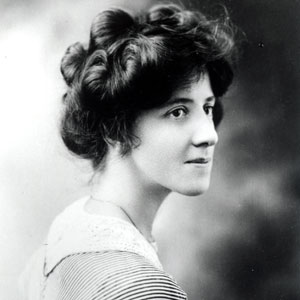
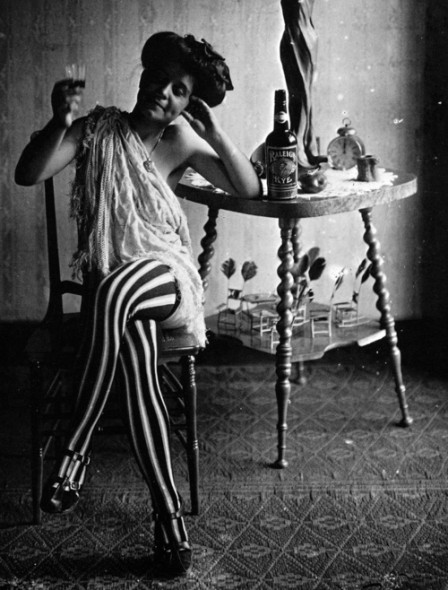
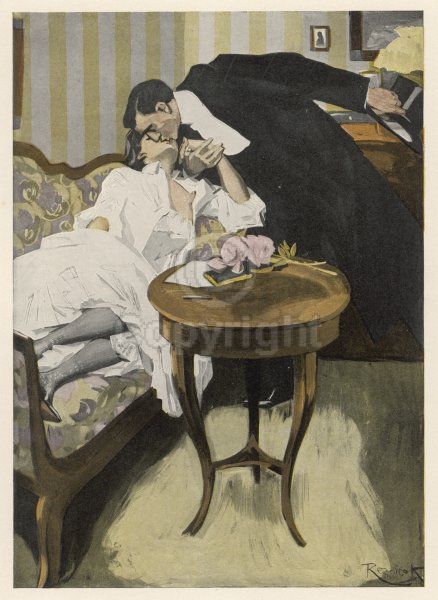
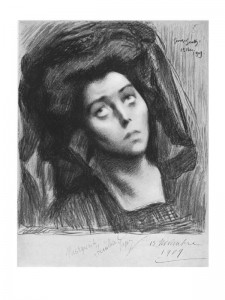
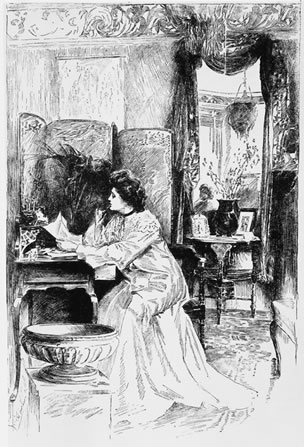
Great post and book. In 1918, my grandmother was a senior in high school and engaged to a young man who was fighting in WWI. When he returned, he slept with one of the neighborhood girls, got her pregnant, and married her. My grandmother was devastated. While she had a career, and eventually married my grandfather, I don’t think she ever got over it.
@Julie: What a heart-breaking story. I can see why Stopes’ book was so revolutionary and necessary to young men and women of the period.